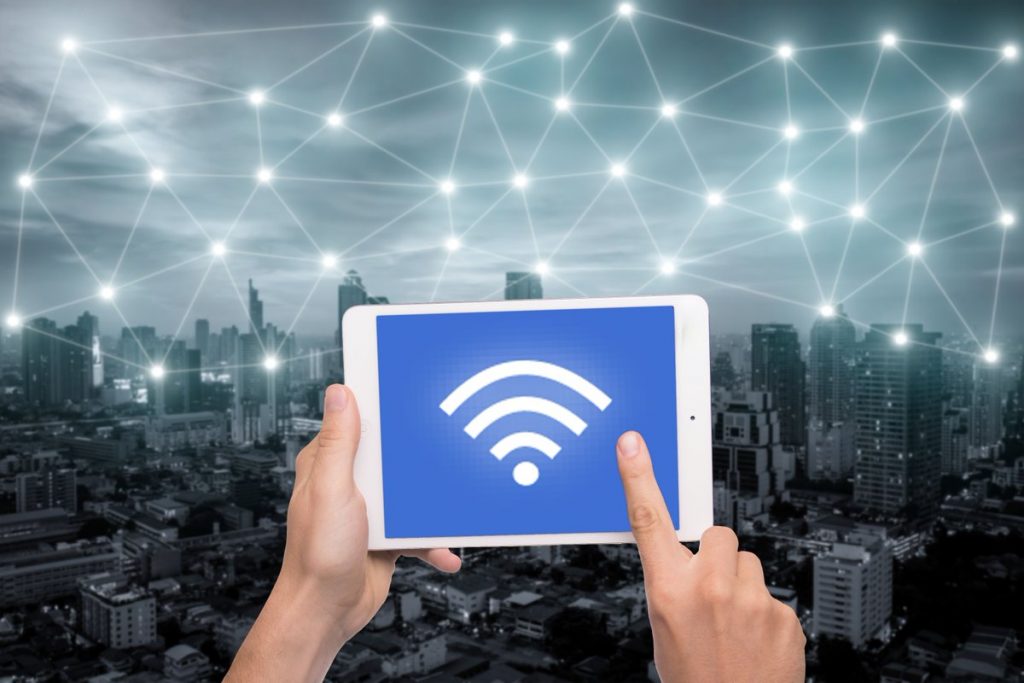Isn’t it a general fact that when anything is made public, it may lose its privacy, and anybody with the right tactics can invade that privacy? Well, the same can said for internet connections. When it is publically available, and without proper security measures, it can end up costing you a lot. When you are connected to any public Wi-Fi connection, then your device’s data is at risk, be it a mobile phone, tablet, or laptop. Someone can steal your identity and use it for fraudulent purposes. If not properly protected, anyone with general computer knowledge can access your device, and you cannot do anything about it. Here are some easy hacks for safely using a public Wi-Fi network.
There the benefits of using a VPN while browsing the internet.
1. Always use a VPN while using public Wi-Fi
Always use a Virtual Private Network to hide your identity when connected to public Wi-Fi. Much of the risk will be minimized just by using a VPN. VPNs act as a bridge between you and the internet. It will hide your identity and the data that leaves your device. It used to be that VPNs were only available for laptops and desktops but now are more commonly available for mobile phones and tablets. Make sure always to make your financial transactions through your VPN to always make your financial transactions through your VPN, because it will save you from online intruders that are trying to steal your information.
2. Do not use a slow public Wi-Fi network
A slow Wi-Fi connection is always a pain, but it also can be a scam when it comes to public Wi-Fi. Slow internet could mean that you’re not in range of the router, but it could also mean there’s another device pretending to be a router, and the actual router has been compromised. This fake router can access your history and the data you’re sending out of your device, which can then be manipulated by these criminals.
3. Avoid doing financial transactions over public Wi-Fi
Avoid making financial transactions on public Wi-Fi because it’s extremely risky, and anyone can leave themselves wide open to fraudulent transactions. We would advise not to use public Wi-Fi for financial transactions. Instead, switch to your mobile network or make your transactions directly from your bank’s official website.
4. Disconnect Wi-Fi after using it
Disconnect the Wi-Fi after using it, and it will prevent malware, spyware, and viruses from accessing your device.
5. Always use mobile protection apps
Always use mobile protection software while using any public internet or Wi-Fi, iOS has firewall protection, but malware can still find its way into Androids. Basically, if you are a mobile user, you should use this software to keep yourself protected.
6. Keep your mobile operating system updated
When any software is created, it always includes loopholes or weak spots that hackers are always trying to find. This is one of the reasons why software companies keep producing better-updated versions of their software, and the same can be said for mobile operating systems. We all get these notifications for downloading the latest version of a specific app, software, or operating system because it creates more efficiency and prevents your device from becoming infected by malicious malware, spyware, viruses, and hackers that want to steal your device’s data.
